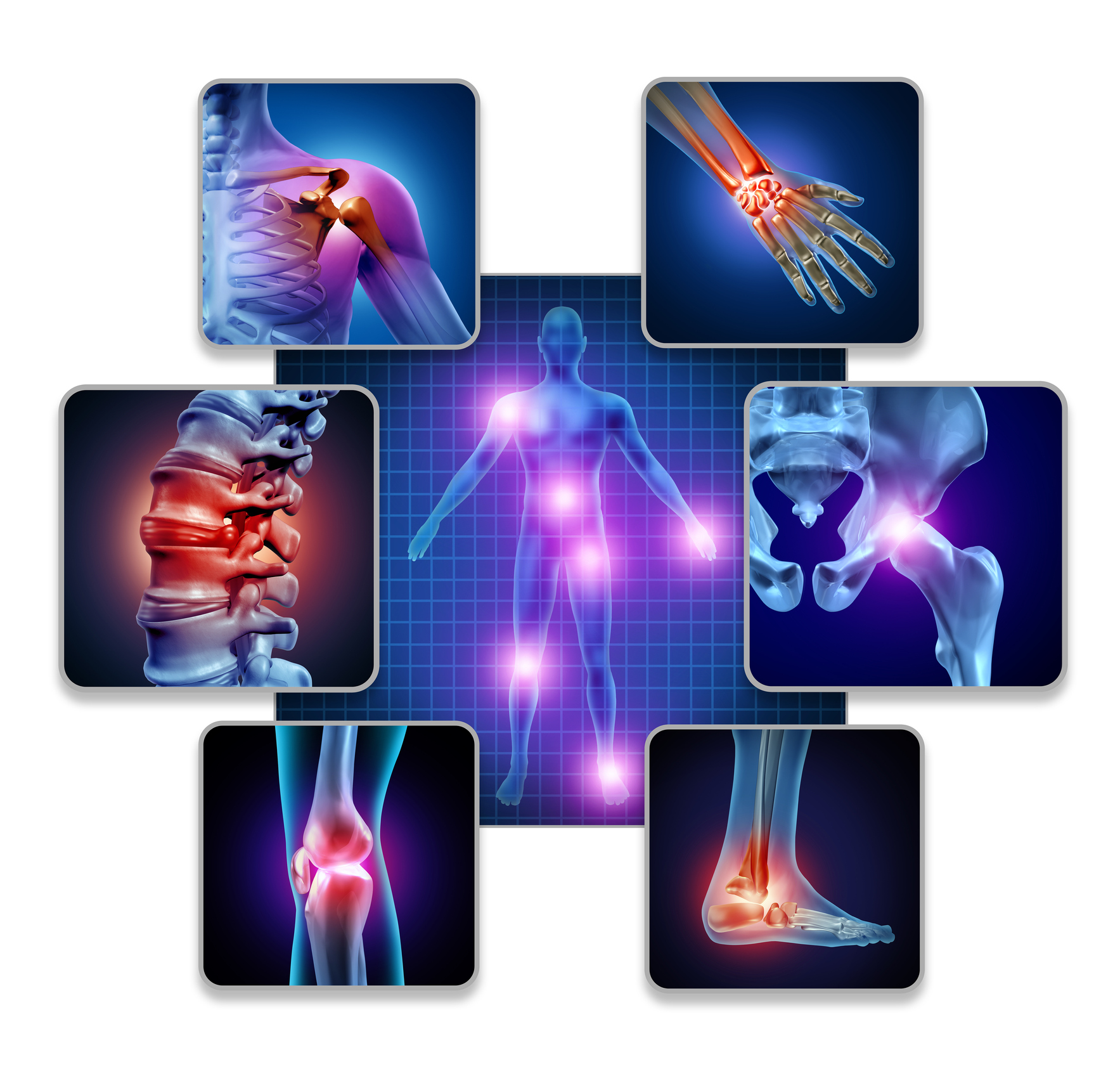Although the ICD and DSM differentiate between different psychiatric disorders, these often share symptoms, risk factors, and treatments. This was a population-based, case-control, sibling study examining familial clustering of all psychiatric disorders and low IQ, using data from the Israel Draft-Board Registry on all Jewish adolescents assessed between 1998 and 2014.
We identified all cases with autism spectrum disorder (ASD, N = 2128), severe intellectual disability (ID, N = 9572), attention-deficit hyperactive disorder (ADHD) (N = 3272), psychotic (N = 7902), mood (N = 9704), anxiety (N = 10 606), personality (N = 24 816), or substance/alcohol abuse (N = 791) disorders, and low IQ (⩾2 SDs below the population mean, N = 31 186). Non-CNS control disorders were adolescents with Type-1 diabetes (N = 2427), hernia (N = 29 558) or hematological malignancies (N = 931). Each case was matched with 10 age-matched controls selected at random from the Draft-Board Registry, with replacement, and for each case and matched controls, we ascertained all full siblings. The main outcome measure was the relative recurrence risk (RRR) of the sibling of a case having the same (within-disorder RRR) or a different (across-disorder RRR) disorder.
Within-disorder RRRs were increased for all diagnostic categories, ranging from 11.53 [95% confidence interval (CI): 9.23-14.40] for ASD to 2.93 (95% CI: 2.80-3.07) for personality disorders. The median across-disorder RRR between any pair of psychiatric disorders was 2.16 (95% CI: 1.45-2.43); the median RRR between low IQ and any psychiatric disorder was 1.37 (95% CI: 0.93-1.98). There was no consistent increase in across-disorder RRRs between the non-CNS disorders and psychiatric disorders and/or low IQ.
These large population-based study findings suggest shared etiologies among most psychiatric disorders, and low IQ.
Familial clustering of psychiatric disorders and low IQ.


